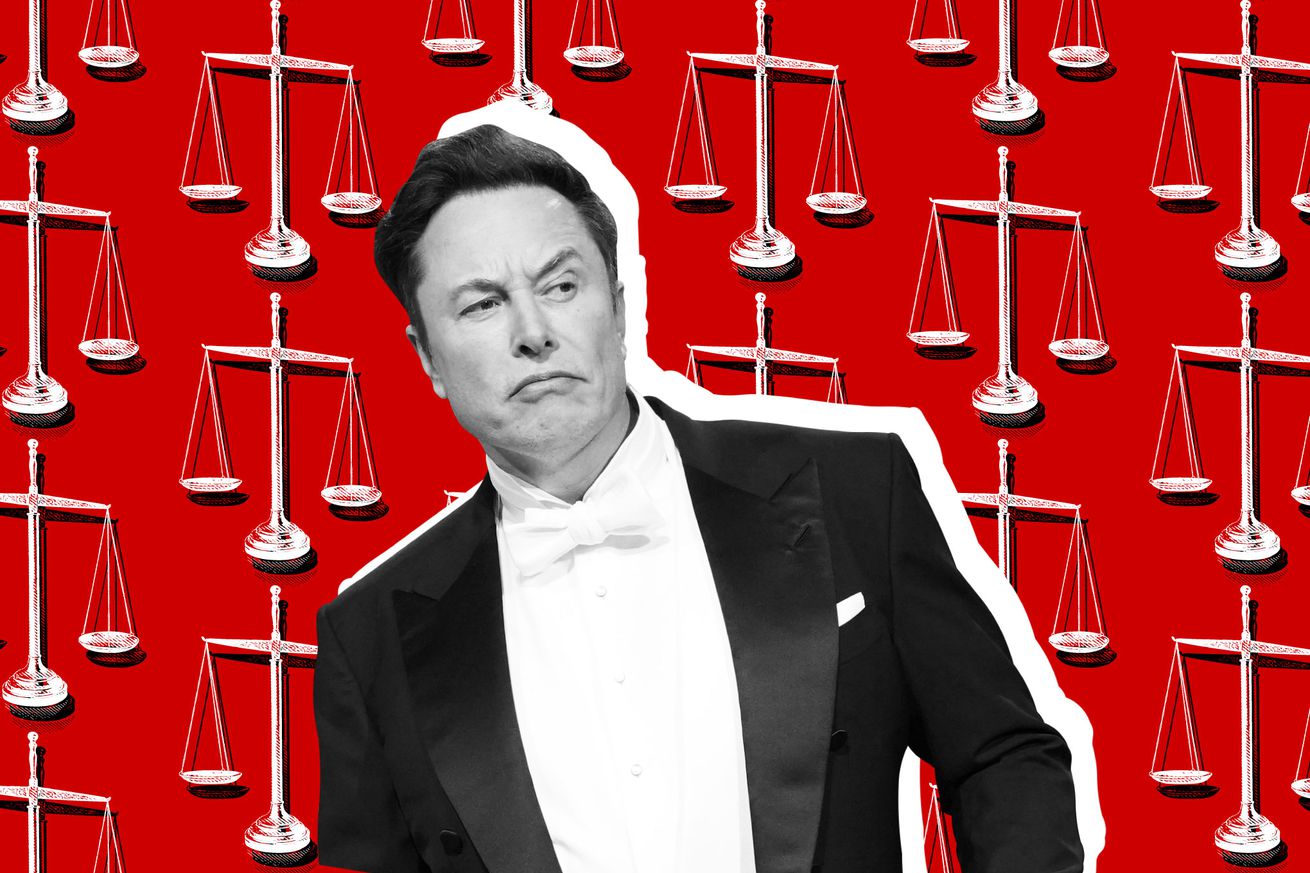
Elon Musk admits at trial that he ignored pleas to stop tweeting
Elon Musk will never stop posting, no matter who tells him to stop.
That was one of the takeaways from his brief testimony during his securities fraud trial, which took place in a San Francisco courthouse Friday. Lawyers for the plaintiffs peppered Musk with questions about his tweets as they work up to his infamous “funding secured” tweet from 2018 at the center of this case. Musk is being sued by a class of Tesla investors who claim his bumbling attempts to take Tesla private that year cost them millions of dollars.
Musk wasn’t asked about that tweet yet, though. He took the stand for a little over 30 minutes before the trial recessed until next Monday. But the plaintiff’s lawyers got in plenty of questions about his Twitter habits, most notably about all the people in his life who have begged him to quit the bird site.
Among the people who asked him to stop tweeting are Antonio Gracias, a former director on Tesla’s board, investors Ron Baron and Sam Teller, Musk’s former de facto chief of staff, and other close associates.
Musk got plenty of questions about his Twitter habits, most notably about all the people in his life who have begged him to quit
“I suppose I continued to tweet, yes,” Musk replied when asked if he ignored his advisors and investors.
(Worth noting: Musk tweeted a mere seven minutes before taking the stand and waited approximately 45 minutes after stepping down before sending his next tweet.)
The plaintiffs are working to portray Musk as a reckless tweeter who disregards good advice about the significant impact his public statements can have on his company’s stock price and shareholders. Early in his testimony, Musk was asked to describe the relationship between his tweets and Tesla’s retail investors.
“I care a great deal about retail investors,” Musk said. “There are our most loyal and steadfast investors.”
It’s easy to envision how this statement will come back to haunt him later in the trial, as plaintiffs’ lawyers are likely to remind him of the financial pain his tweets have caused these investors.
“I care a great deal about retail investors,” Musk said.
Musk was also asked to expound on one of his favorite subjects: short sellers. Tesla is one of the most shorted stocks on the market, and Musk has made no secret of his contempt for investors who bet against the success of his company.
“I believe short selling should be made illegal,” he said. “It is a means, in my opinion, for bad people on Wall Street to steal money from small investors. Not good.”
Most of the day’s testimony was devoted to Guhan Subramanian, a Harvard Business School professor and an expert witness for the plaintiffs, who described how unusual and unprecedented it was for Musk to try to tweet his way through Tesla’s managed buyout.
“What’s really different here is the communication of material non-public information about a managed buyout over Twitter,” Subramanian testified. “That’s just never been done before.”
A possible sign of Musk’s much-reported exhaustion: late in his testimony, he said there were “two main companies that I run and where I’m essentially the chief technologist and product person” — SpaceX and Tesla.
There was no mention of running a third company, Twitter.

